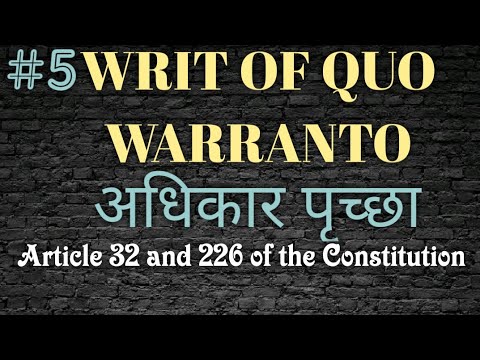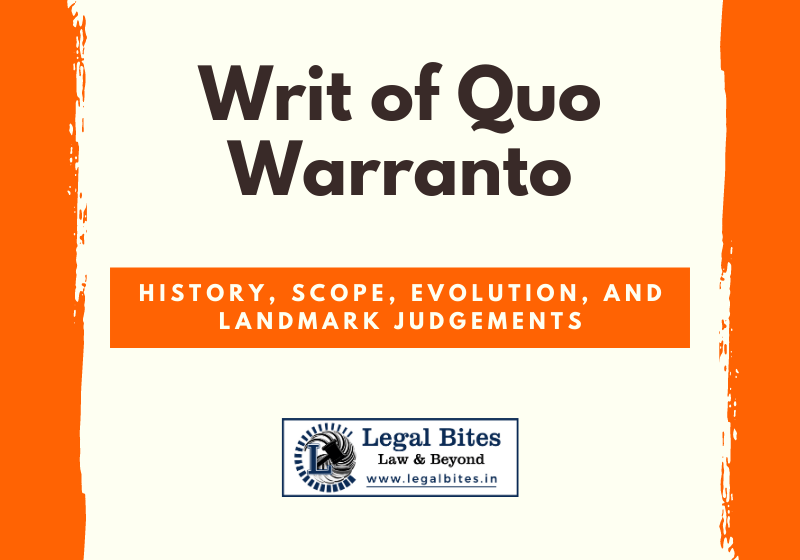The Johnson v. Florida case marked a significant turning point in the utilization of the writ of quo warranto as a powerful tool for challenging the validity of criminal convictions. In this article, we will explore the background of the case, analyze the Supreme Court’s decision, and discuss the wide-ranging implications it has had on the field of criminal procedure.
Background

In 1966, Arthur Lee Johnson faced a vagrancy conviction in Florida. The circumstances leading to his arrest involved him sitting on a bus bench at 4:25 a.m., with the arresting officer claiming he had no lawful purpose for being there. Consequently, Johnson received a 30-day jail sentence.
Despite appealing his conviction, the Florida Supreme Court upheld it, deeming the vagrancy statute constitutional and Johnson’s conviction justified. However, Johnson persisted and filed a petition for a writ of quo warranto. His argument rested on the claim that both the prosecuting attorney and judge who oversaw his case had failed to take the oath of office mandated by the Florida Constitution. Johnson contended that this failure rendered the court’s jurisdiction over his case invalid, thereby nullifying his conviction.
Although Johnson’s petition was denied by the Florida Supreme Court, the Supreme Court granted certiorari, indicating their intention to review the case.
The Supreme Court’s Decision

In an unanimous decision, the Supreme Court overturned Johnson’s conviction, affirming the right of defendants to challenge the authority of public officials associated with their cases, even after being convicted and sentenced.
The Court emphasized the significance of the writ of quo warranto, classifying it as a high prerogative writ capable of challenging the authority of any public official, including judges and prosecuting attorneys. Furthermore, the Court declared that the fundamental right to question the authority of a public official cannot be forfeited through silence or inaction.
Implications of the Decision
The impact of the Supreme Court’s ruling in Johnson v. Florida reverberated throughout the realm of criminal procedure. By clarifying that defendants retain the right to challenge the authority of public officials even after conviction, this decision significantly fortified the rights of criminal defendants.
Furthermore, this decision has served as a precedent in subsequent cases, enabling the challenge of authority wielded by various public officials, such as sheriffs, police chiefs, and prison wardens. Moreover, it has provided a foundation for questioning the jurisdiction of courts in specific types of cases.
Conclusion
Johnson v. Florida serves as an essential triumph for the rights of criminal defendants. The Supreme Court’s decision firmly established that these individuals possess the right to question the authority of public officials involved in their cases, regardless of the stage of proceedings. This landmark ruling not only impacted criminal procedure but also empowered defendants nationwide to contest the legitimacy of their convictions.
Voice your podcast or video with Best Free AI text-to-speech.
